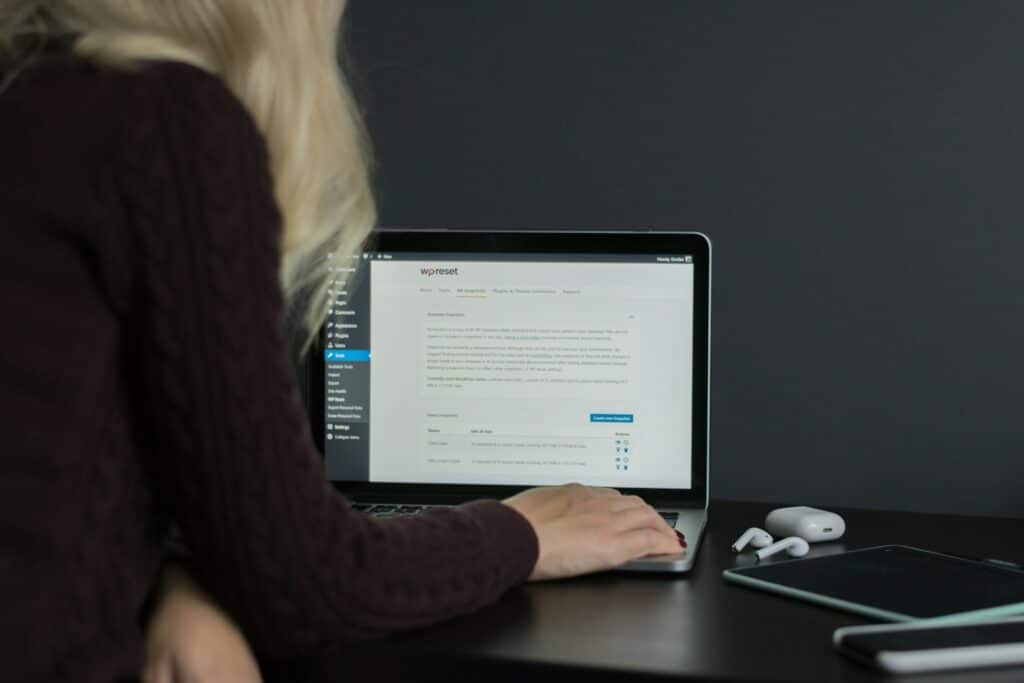WordPress is a popular content management system (CMS) that powers millions of websites worldwide. However, it is also a frequent target for cybercriminals, and as such, there are many security myths surrounding the platform. In this article, we’ll debunk some of these myths and provide the facts you need to keep your WordPress site secure.
Myth 1: WordPress Is Inherently Insecure
One of the most common myths surrounding WordPress is that it is inherently insecure. While it is true that WordPress has had its fair share of security vulnerabilities over the years, these issues have largely been addressed through regular updates and patches. In fact, the WordPress security team is constantly working to improve the platform’s security.
One of the reasons WordPress is a frequent target for cybercriminals is its popularity. With so many websites using the platform, it is an attractive target for cyber hackers looking to exploit vulnerabilities. However, this doesn’t mean that WordPress is inherently insecure. By keeping your WordPress site up-to-date and following best practices for security, you can significantly reduce your risk of a security breach.
Myth 2: Premium Themes and Plugins Are More Secure
Another common myth is that premium themes and plugins are more secure than their free counterparts. While it is true that premium themes and plugins often come with more features and support, this does not necessarily make them more secure.
In fact, premium themes and plugins can sometimes pose more of a security risk than free ones. This is because hackers often target them due to their popularity and the fact that they’re more likely to be used on high-value sites. Additionally, because premium themes and plugins are often more complex than free ones, they can be more difficult to secure.
The key to choosing a secure theme or plugin is to do your research. Look for themes and plugins that have a good reputation and are regularly updated. Additionally, be sure to only download themes and plugins from reputable sources, such as the WordPress plugin repository.
Myth 3: Strong Passwords Are Enough to Secure Your Site
While having a strong password is an integral part of securing your WordPress site, it is not enough on its own. Hackers can use various methods to crack passwords, including brute force attacks and password guessing.
To truly secure your WordPress site, you need to take a multi-layered approach to security. This includes using strong passwords, implementing two-factor authentication, keeping your site up-to-date, and regularly backing up your data.
Myth 4: Only High-Profile Sites Are Targeted by Hackers
Another common myth is that only high-profile sites are targeted by hackers. While it is true that high-profile sites are often targeted due to their value, any site can be a target for cybercriminals.
In fact, many hackers target smaller sites that are less likely to have robust security measures in place. This is because smaller sites are often easier to breach and can be used to launch attacks on larger sites.
To protect your WordPress site, it is crucial to take security seriously, regardless of the size or value of your site. Implementing basic security measures, such as using strong passwords and keeping your site up-to-date, can go a long way in protecting your WordPress site from cyber criminals.
Final Thoughts
WordPress is a powerful and flexible platform that’s used by millions of websites globally. However, it is also a frequent target for cybercriminals, and as such, there are many security myths surrounding the platform. By debunking these myths and following best practices for security, you can significantly reduce your risk of a security breach. Remember to keep your site up-to-date, use strong passwords, and only download themes and plugins from reputable sources. Additionally, consider implementing two-factor authentication and regularly backing up your data to ensure that your WordPress site remains secure.
Protect your WordPress site with the help of ThriveWP. We are UK-based WordPress experts that provide WordPress maintenance services. We save you time with our routine website maintenance packages and technical support and keep your site online. Book a call now!






